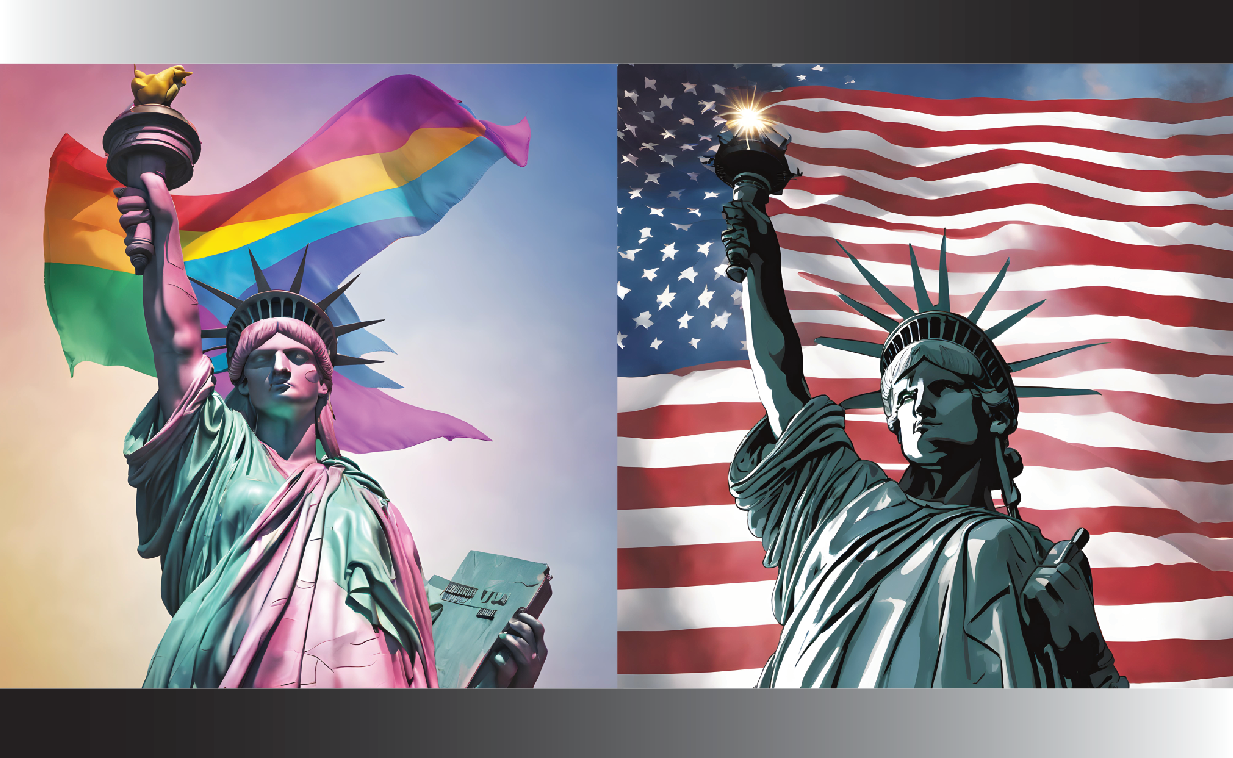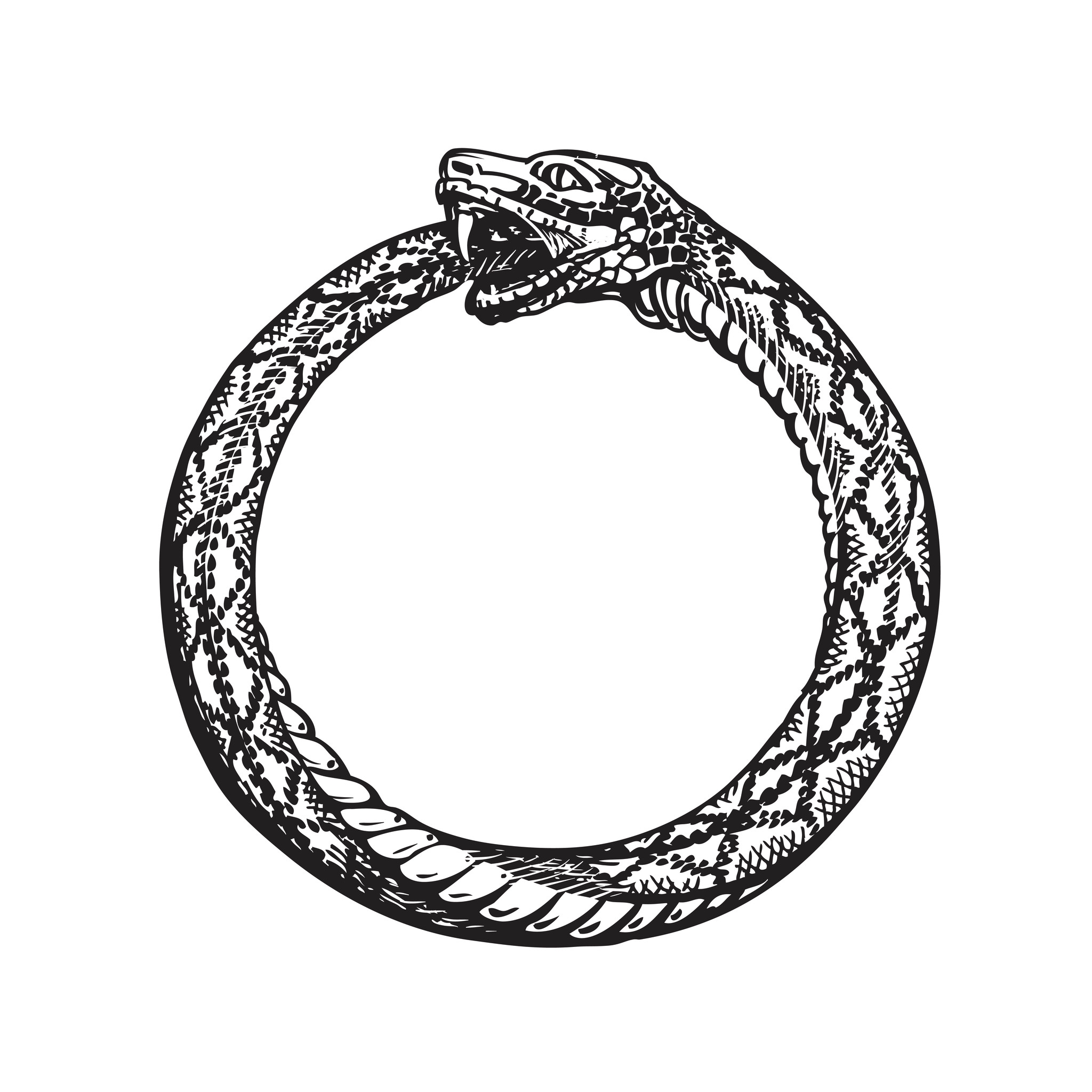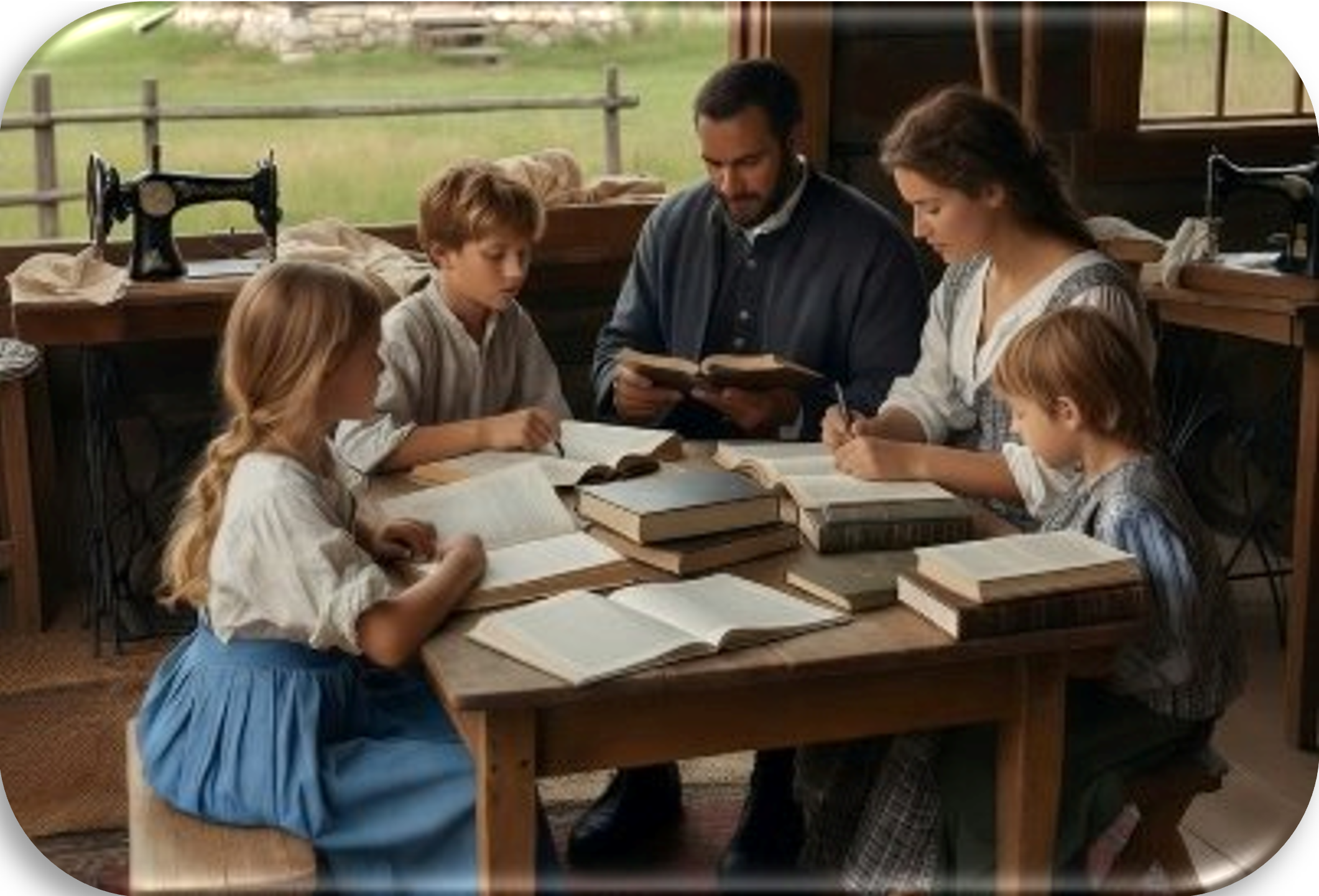Guest Opinion by John Spencer
In today’s political climate, the notion of “Two Americas” is more pronounced than ever before. In his recent article in the Association of Mature American Citizens, Dr. Franklin Graham highlights a division that goes beyond politics – one rooted in moral and spiritual values. Graham points to a widening chasm between conservative and liberal ideologies, encompassing not only political and cultural views but also core beliefs about what defines the nation’s character.
This divide is deeply entrenched in what many view as conflicting ideas about American values. While traditional values such as liberty, self-reliance, patriotism, and a strong work ethic have been long standing pillars of the American identity, there is growing tension over issues such as religious freedoms, immigration, and national security.
Many, particularly on the conservative side, feel that the very foundation of the country is under siege from progressive ideologies, which they believe threaten the country’s core values.
However, this divide is not new. More than half a century ago, Dr. Martin Luther King Jr. articulated a vision of “Two Americas” in his 1967 Stanford University speech. King emphasized the existence of one America defined by opportunity and prosperity, while another was marked by inequality and systemic injustice.
Although King’s focus was on civil rights, his call for unity resonates today as America faces deep political, economic, and social divides.
In recent years, polarization has intensified. The COVID-19 pandemic, debates over public health measures, and election-related misinformation have deepened the chasm, leaving many Americans distrustful of institutions and wary of each other.
As political divisions widen, these tensions are playing out not just in Washington DC, but within families, communities, and workplaces.
In his book “Saving America from the Liberal Assault on Our Borders, Language, and Culture,” Michael Savage paints a dire picture of the growing rift. Savage argues that progressive ideologies are eroding traditional American identity and that issues like immigration, cultural liberalism, and the decline of shared values are threatening the nation’s sovereignty.
For Savage, the battle is existentially centered around whether America will remain a culturally coherent nation or move toward a more globalized society.
Research by the Pew Research Center supports the notion that this division runs deep. Their 2021 study, Beyond Red vs. Blue, shows that Americans increasingly live in separate political and informational worlds. Conservatives and liberals not only disagree on key issues but also often consume entirely different media, reinforcing their respective worldviews and further entrenching the divide.
- A Pew Research Center study in 2019 found that 64% of Americans felt that misinformation has caused a “great deal” of confusion about basic facts on issues of politics and social issues.
- A 2020 Gallup-Knight Foundation study revealed that 65% of Americans felt that the rise of “fake news” had a significant impact on their understanding of news events.
- The Annenberg Public Policy Center reported in 2021 that only 56% of U.S. adults could name all three branches of government.
- A 2018 study by the Woodrow Wilson National Fellowship Foundation, only 36% of Americans could pass a basic U.S. citizenship test.
- A 2019 Pew Research Center study showed that only 23% of Millennials and Gen-Zer’s were able to correctly answer questions related to current political events.
When considering these perspectives – from Graham’s moral divide to Savage’s cultural conflict, King’s economic inequality, and Pew’s data on political polarization – the idea of “Two Americas” is not just a rhetorical flourish. The nation is grappling with profound and multifaceted divisions that span morality, economics, race, politics, and culture.
An astonishing number of Americans remain under-informed on social, political, and international issues, a troubling trend that undermines informed democratic participation. This problem is exacerbated by misinformation, biased media, and a lack of education around media literacy. To address these challenges, we must improve access to reliable information, diversify news sources, and promote education in civics and critical thinking. Relying on platforms like Facebook or TikTok for news leaves individuals vulnerable to misrepresentation.
While America has overcome divisions in the past, today’s polarization feels more deeply ingrained, fueled by social media algorithms and political rhetoric. The future of the country depends on bridging these divides and fostering informed citizenship, whether through faith, justice, or a renewed commitment to shared values.
John Spencer is a former US Army Officer and Aviator with 26 years of service. He is a published author who currently sits on two Hayden commissions, volunteers at the Farragut shooting range as a Range Safety Officer, and enjoys the beauty of North Idaho with Marti, his wife of 30 years.








